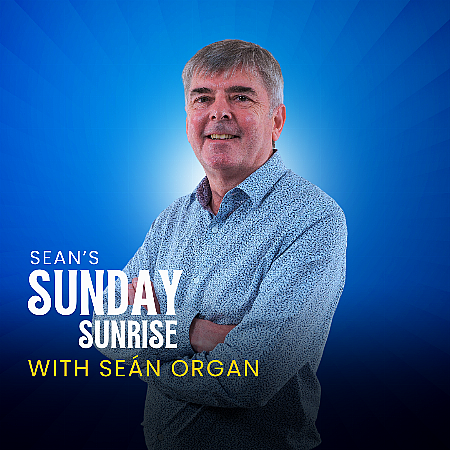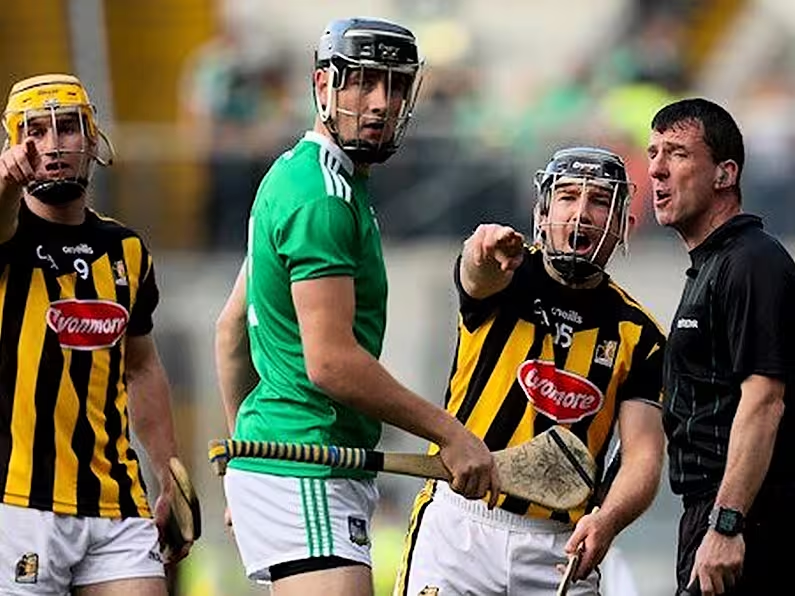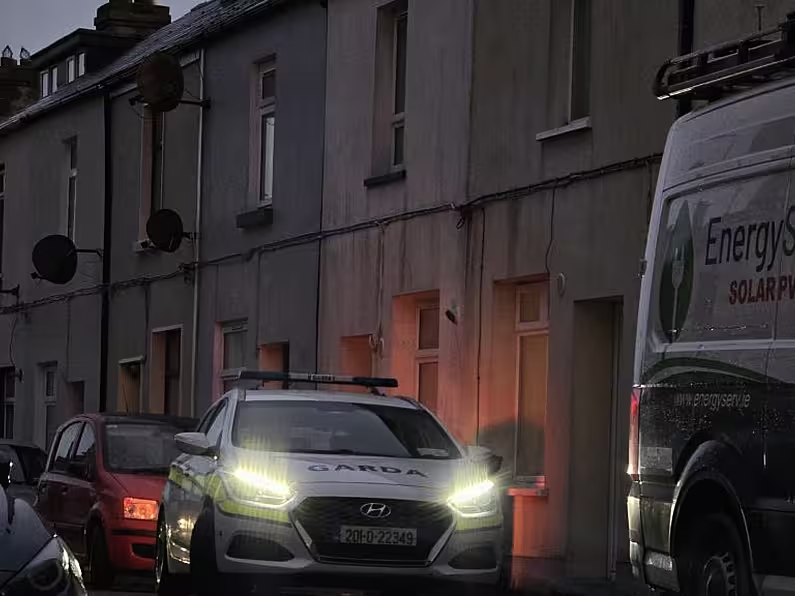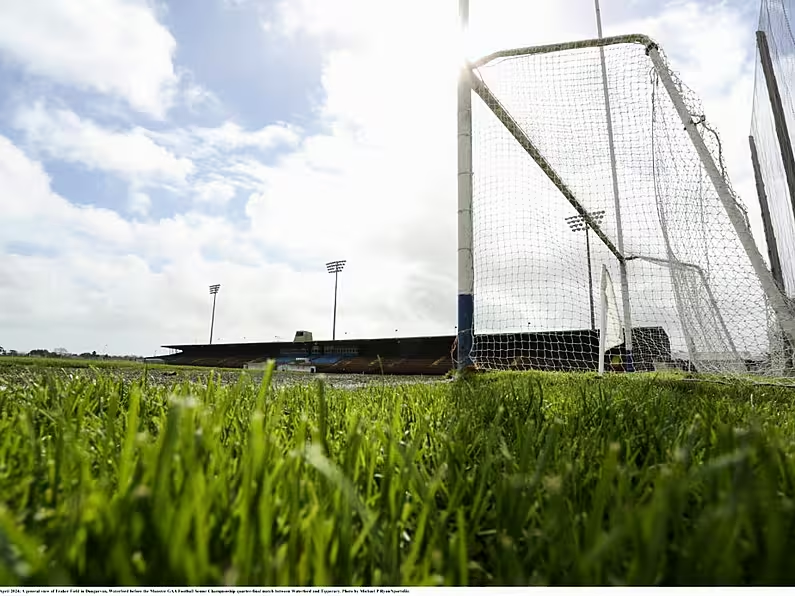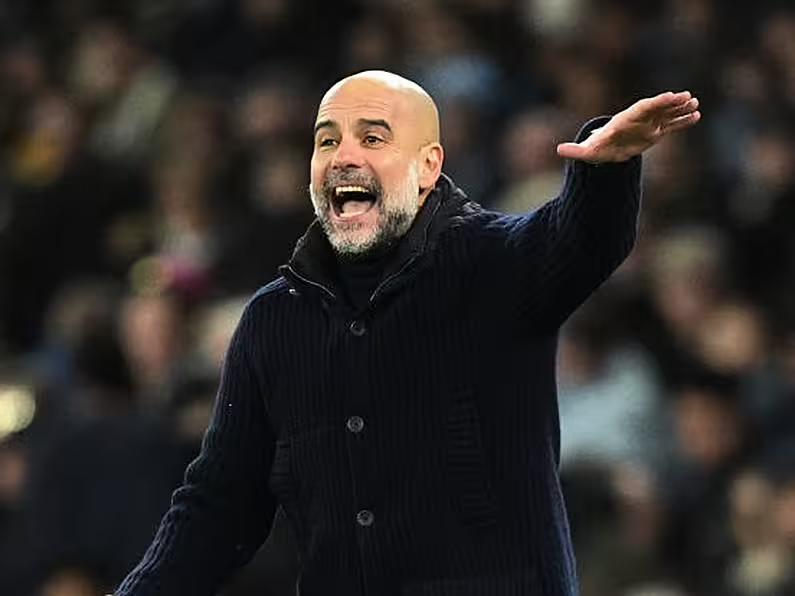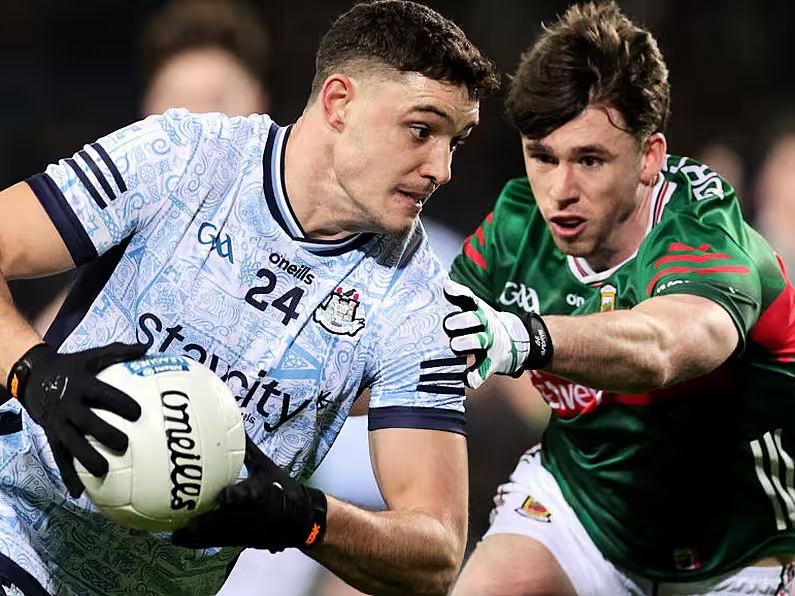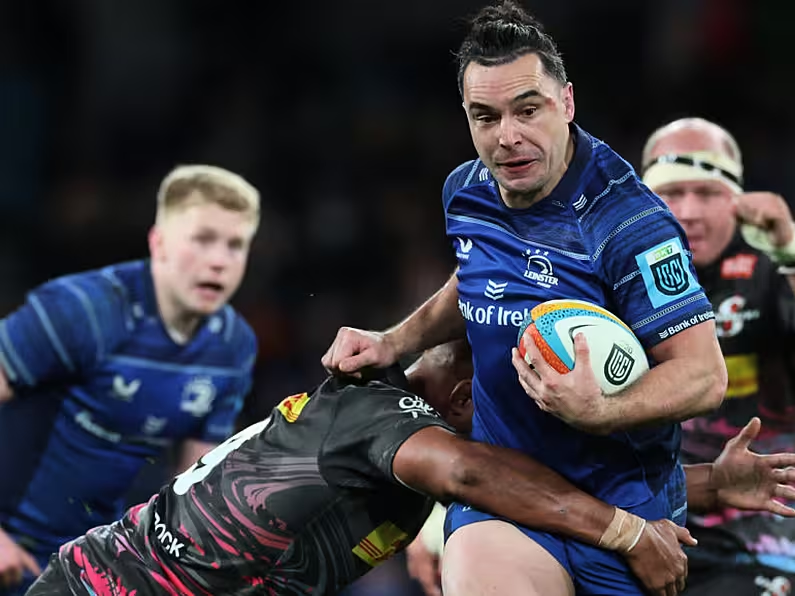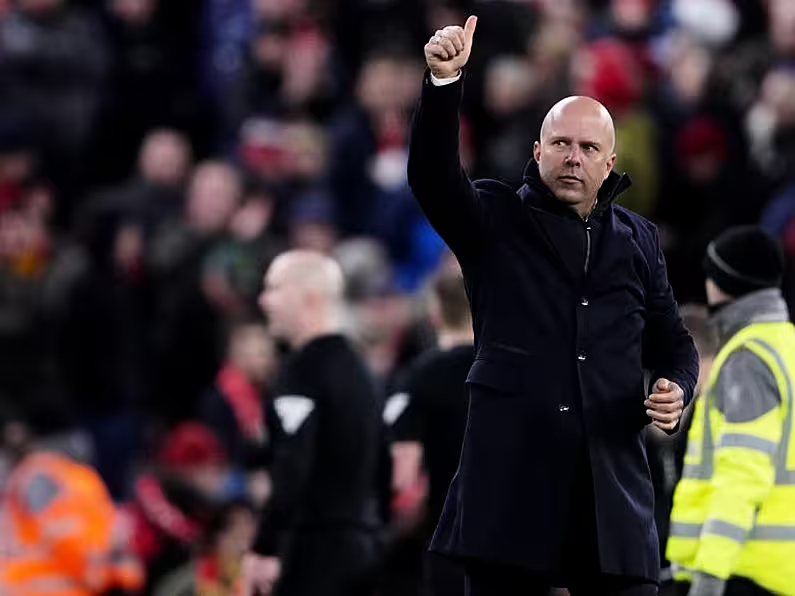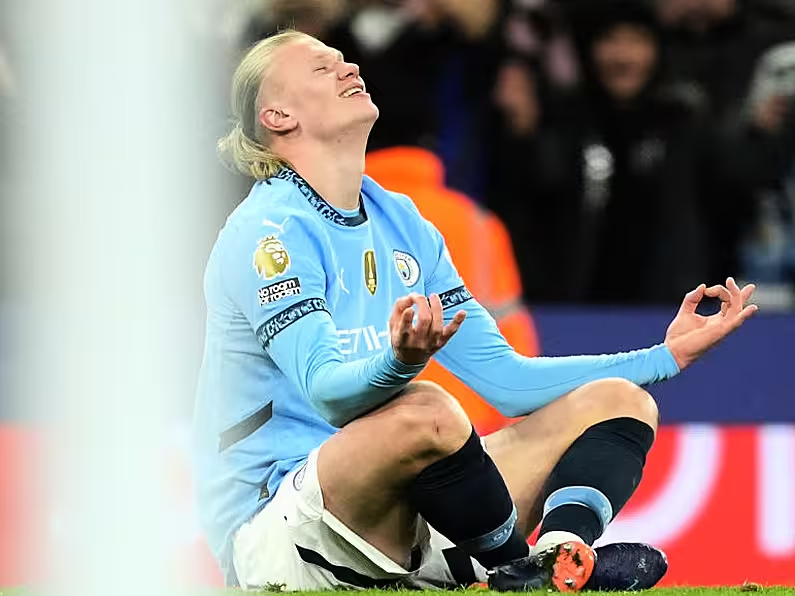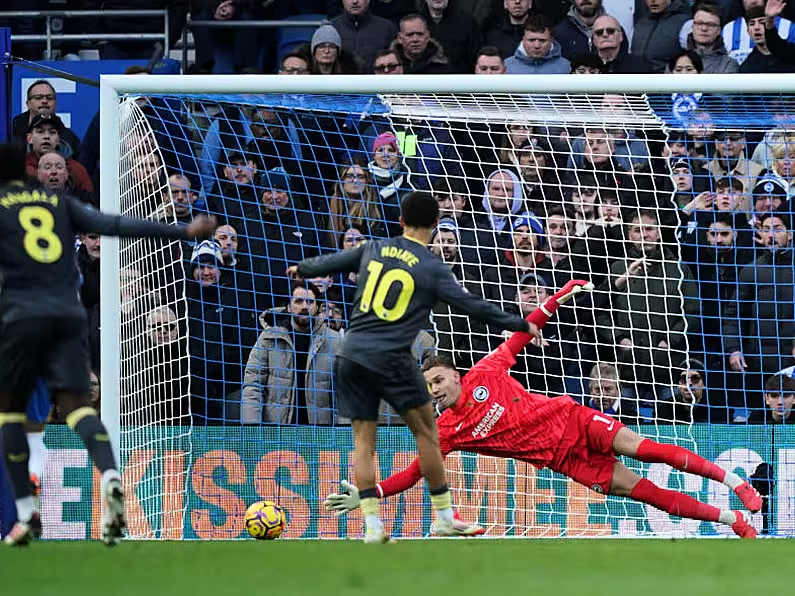The GAA’s newly-appointed national match officials manager is open to the idea of more technology being used to assist referees, but has questioned just how far it can go.
Meath’s Donie Smith, who yesterday succeeded Pat Doherty in the role having been national referees appointments committee chairman, was speaking in the context of after the decision on Saturday not to award Limerick a 65 when it appeared Darragh O’Donovan’s last-gasp sideline cut had deflected off Cillian Buckley’s hurley before going wide passing the line.
Limerick supporters sitting in the Cusack Stand close to where O’Donovan took the cut were incensed, as was nearby selector Brian Geary, when neither referee Alan Kelly nor his linesman on that side, Patrick Murphy, queried the umpire’s call that the ball had sailed wide.
With Eoin Murphy’s resultant puck-out, the full-time whistle was blown and Kilkenny’s one-point win confirmed.
Smith said: “How good can technology be? In relation to the line ball on Saturday, is it conclusive? Even if you had VAR (video assistant referee), was it conclusive?
"The pictures shown on television in relation to it didn’t show a major deviation of the ball. The ball dipped rather than deviated.
“We always have to have an open mind on technology —we’re talking about refereeing. The work that referees are putting in to make a decision in a game is huge as well.
"We’re always trying to improve and every referee is trying to improve and nobody wants to make a mistake, but when you’re making 90 to 100 decisions in a game… from a referee’s and an administrative view you’re hoping it doesn’t become a key game decision, but we’re all human and we’re trying to train the right way.”
Smith defended Seán Cleere’s call on Sunday to bring back the play for Hawk-Eye to confirm that the ball had actually passed the crossbar before Brian Hogan caught TJ Reid’s free. As a result, a goal by John McGrath was disallowed. The protocol is to wait for HawkEye. The umpires are told not to make a decision in those situations and let Hawk-Eye take it from there. And Seán followed that protocol.
Smith revealed the presence of Cleere’s native Kilkenny in the other All-Ireland semi-final was factored in before he was given the duty of taking charge of Tipperary-Wexford.
“Without a doubt, it was considered. Unless we can trust a referee to apply the rules accordingly and that was the thing — we could.
“There was a perception that he shouldn’t have been put into it, but Seán Cleere was refereeing for Seán Cleere, and for an All-Ireland final, and the GAA. What happened to Kilkenny on the Saturday didn’t matter to Seán Cleere.
“The independent man in the middle is the referee. Somebody was saying he was going to be under pressure (because of Kilkenny reaching the final) but he was going to under pressure anyway — it was an All-Ireland semi-final.
“It was considered, but when you look at the panel you have 12 referees to pick from and there was Tipperary (Fergal Horgan and Johnny Ryan) and Wexford (James Owens) and Limerick (Johnny Murphy) and Kilkenny (Cleere) still involved.
"It’s easy for people to say things but when you have a senior panel you have to pick what you consider the best referee on that day for that game.”
Smith confirmed that the national referees appointments committee, which he has been heading up to now, comprises of the appointments chairman, a member of the Central Competitions Control Committee, and a member of the national referees development group with the match officials manager acting as secretary.
Meanwhile, David Gough will take charge of Saturday’s crucial Super 8s Group 2 game between Mayo and Donegal in Castlebar.
Longford’s Fergal Kelly officiates Meath-Kerry in Navan that same afternoon. Joe McQuillan gets the nod for Tyrone v Dublin in Omagh on Sunday, with Noel Mooney of Cavan refereeing the Cork-Roscommon match at Páirc Uí Rinn that same afternoon.
By John Fogarty GAA Correspondent - Irish Examiner


